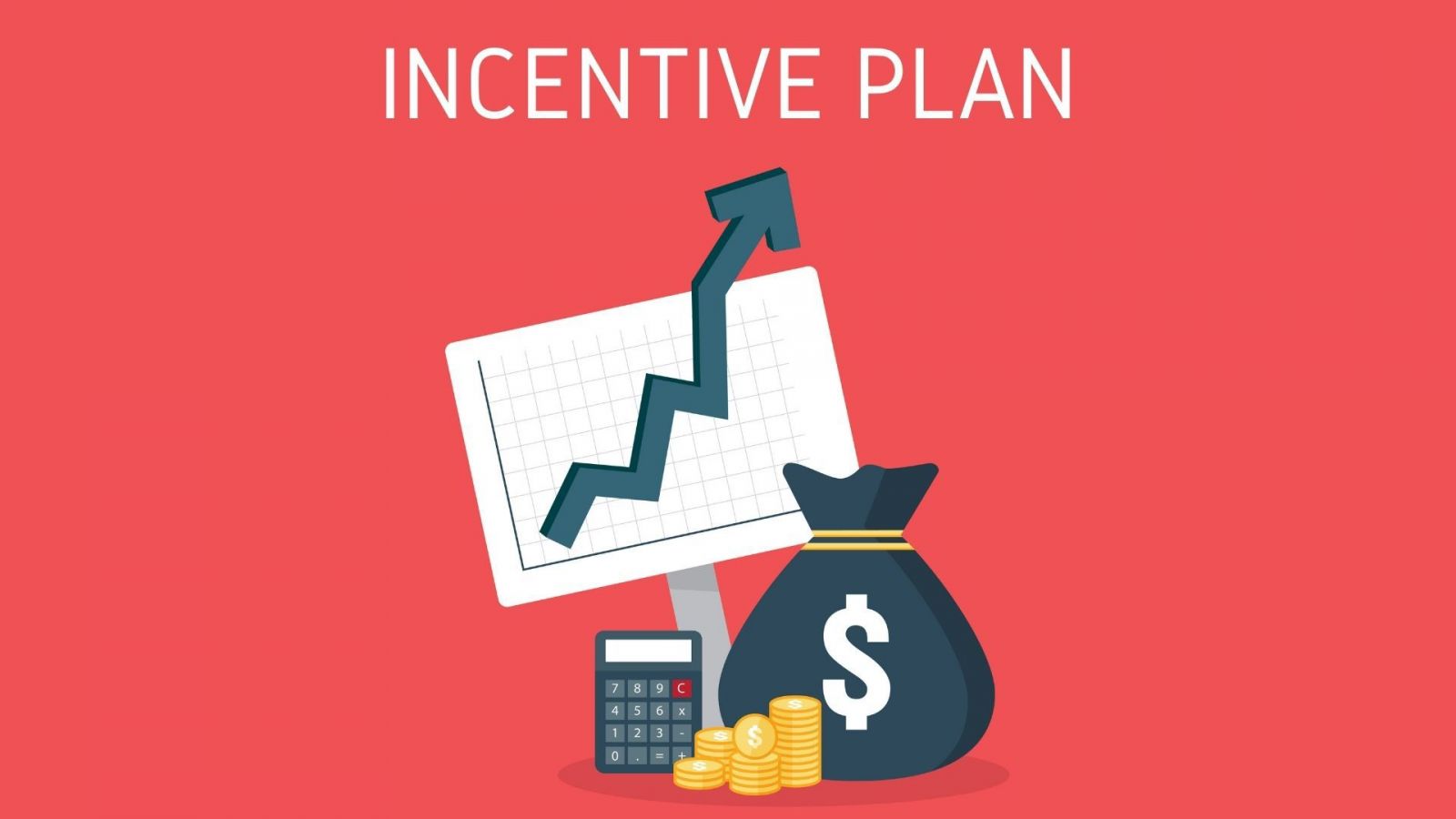Why incentives?
When it comes to motivating your recruiting team, COMPENSATION is key. But, a fixed salary alone may not be enough to drive top performance. That’s where variable compensation or incentives come in.
Compensation structures define the nature and culture of a business with respect to its competitiveness and aggressiveness.
For example, if an organization does not pay incentives/variable pay, it will end up collecting employees who are risk-averse and who, though working sincerely, have no motivation to go the extra mile.
Such businesses do sustain but rarely flourish. You don’t want to be one of them. On the other hand, in organizations where a large amount of total compensation is variable, the employees are highly competitive and result oriented. Now that’s what you want for your business!
Let’s look at a couple of other major benefits of creating an incentive plan for your firm:
1. Winning the talent war
Your recruiters are the backbone of your recruitment agency, so it’s essential to attract the best candidates for your business. A competitive incentive structure will make your agency more appealing to high-performing recruiters, and mentioning this in job postings (across various platforms like LinkedIn, Indeed, etc.) will help you attract high-quality job seekers to build a formidable team.

2. Boosting performance & efficiency
A well-crafted incentive plan encourages your recruiters to go above and beyond. When your team is driven by clear goals and rewards, they’re more likely to be efficient and effective in their roles.
3. Better employee retention & loyalty
A strong incentive structure not only attracts talent but also helps retain your best recruiters. By showing that you value their hard work and success, you foster loyalty and commitment to your agency.
What types of incentive structures can you use?
Your incentive structure can be based on total revenue or profits. Let’s discuss this in some detail:
- In case you choose a structure based on profits, be sure the employee has some control over the costs (at least the variable costs, if not the fixed expenses like office and salary expenditures).
- You could add costs of travel for business, use of certain software or similar tools, marketing expenses, etc., to arrive at a notional profit, which basically refers to an estimated or hypothetical profit figure that is used to calculate variable pay or incentives for employees.
- Incentives can be a fixed amount or a percentage amount of the revenue or notional profits.
- The incentive can be paid right from the first $ of revenue/profit earned or after a particular base figure achievement. Typically, a base figure achievement is to ensure that all costs are covered before you start distributing incentives.
- You can pay the incentive as soon as it is earned or at the end of the financial year.
- You can choose to add an accelerator (added amount of incentive) after the achievement of a specific target. This is to further motivate top performers.
Designing an incentive structure that works for your agency
1. Set your agency’s key performance indicators (KPIs)
First, determine which KPIs are most relevant to your agency’s success. Examples include:
- Time to fill positions
- Quality of hire
- Offer acceptance rate
- Retention rate of placed candidates
- Cost per hire
By focusing on your KPIs, you can develop an incentive structure that aligns with your agency’s recruitment goals and drives the desired results.
2. Create a balanced compensation package
A well-rounded compensation package should include a mix of base salary, commission, and bonuses. Consider these elements when designing your incentive structure:
- Base Salary: Offer a competitive base salary to attract top talent and provide a stable income for your recruiters.
- Commission: Implement a commission system based on successful placements, new client acquisition, or a percentage of the placed candidate’s salary to incentivize performance.
- Bonuses: Award performance-based bonuses tied to KPIs, encouraging your recruiters to exceed targets and achieve specific milestones.
3. Customize incentives for different roles
Your staffing agency may have various roles, such as sourcing specialists, recruitment consultants, and account managers. Each role may require unique incentives to drive performance.
Consider the specific responsibilities of each position and tailor your incentive program accordingly.

5 best practices for implementing your incentive structure
1. Communicate clearly
Transparent communication is key to any successful incentive program. Ensure your recruiters understand the structure and how it aligns with the company’s goals. Provide regular updates on individual and team performance to keep everyone informed and motivated.
2. Offer non-monetary incentives
While financial rewards are important, consider incorporating non-monetary incentives as well. These can include:
- Professional development opportunities
- Recognition and awards
- Flexible work arrangements
- Extra paid time off
By offering a variety of incentives, you’ll cater to different motivators and create a more engaging work environment.
3. Review & adjust regularly
Timely and regularly review your incentive structure to ensure it remains competitive and effective. You can rely on key metrics and feedback from your recruiting team to identify areas for improvement and make adjustments as needed.
Continuously refining your program will help you stay ahead of the competition and foster a highly motivated team that’s dedicated to constantly improving your recruitment process.
4. Keep it fair & transparent
Fairness is crucial for the success of any incentive program. Make sure that goals and targets are realistic and attainable for all members of the recruiting team.
Avoid setting quotas that favor specific individuals or creating an overly competitive atmosphere that could harm teamwork and collaboration.
5. Encourage a growth mindset
A successful incentive program should reward not only short-term success but also foster long-term growth and development.
Encourage your recruiters to continuously learn and grow by providing resources, training, and opportunities for career advancement. This will contribute to a more engaged and committed team.












Replies to This Discussion